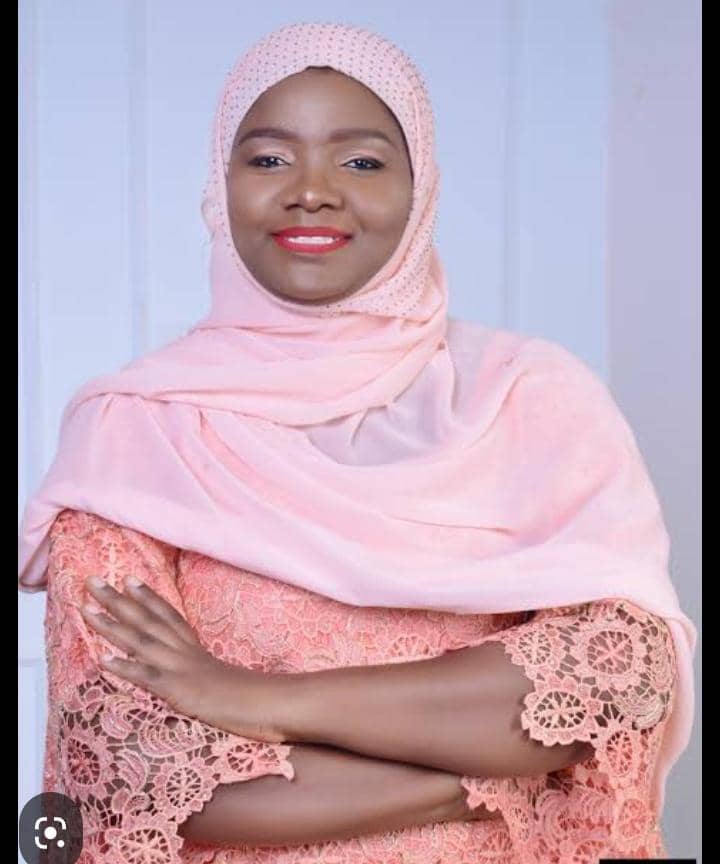Academy trains women on sustainable financial businesses
The Brief Academy in collaboration with the Pulte Institute for Global Development and the Khalil Halilu (KSH) Foundation has launched the FEM-Money to sensitise and educate more young women on the importance of financial independence. The FEM-Money is a hybrid workshop assembled to assist young women entrepreneurs to create sustainable enterprises with practical financial management […]

The Brief Academy in collaboration with the Pulte Institute for Global Development and the Khalil Halilu (KSH) Foundation has launched the FEM-Money to sensitise and educate more young women on the importance of financial independence.
The FEM-Money is a hybrid workshop assembled to assist young women entrepreneurs to create sustainable enterprises with practical financial management and social impacts.
According to Farida Yahya, Founder of the digital learning hub, the Brief Academy is dedicated to developing and supporting female-owned startups and is a fellow of the Mandela Washington Fellowship for Young African Leaders.
“Our goal is to sensitise and educate more young women on the importance of financial independence and the skills required towards building a scalable business with impact in their immediate community,” she said.
- Court restrains Kano govt, PCN from relocating drug market
- Atiku to Nigerians: Ignore fake audio in circulation
“All of the workshops’ courses are uniquely designed to equip these budding entrepreneurs with practical steps and skills needed en route to financial independence,” she added.
“The hiring of female CEOs by prominent companies like General Motors (GM), Orange, and Deloitte Africa as well as more women running fortune 500 businesses today than at any point in history suggests that the trend towards women in leadership positions is expanding, ” she said.
She however said when put into comparison, the numbers are less, adding that inequality is still a significant business issue.
In his submission, the founder of KSH Foundation Khalil Halilu said: “Creating a business with a positive social impact is as important as creating a business in itself. With the country’s population spilling over 200 million and 70-80% living below the poverty line.
“Starting a business play the role of helping one secure their financial well-being, that of their families, and of certain members of their local community, thus lowering social decadence and increasing economic growth,” he said.
One of the resource persons, Wamide Animashaun, while speaking on financial literacy, said the country was at a stage where small businesses can get a lot of accelerators and enablers that could help particularly women, to access loans.
She encouraged the young entrepreneurs to get interest-free loans to grow their businesses, stressing the importance of being financially self-reliant.
